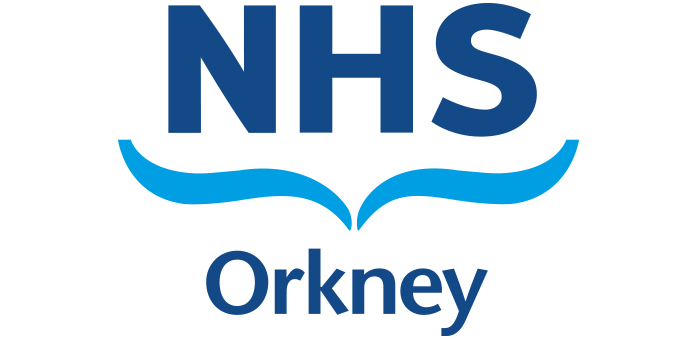
Our staff and students can now get access to their email, their Twitter accounts, whatever they need – and that has quite a big impact on morale.
David Cowan, IT Manager at NHS Orkney
The Background
Orkney is an archipelago of over 70 islands which lies off the north east coast of Scotland – but just 17 of these are inhabited, with a population of around 22,000 people. For NHS Orkney, the challenges of being the smallest health board in Scotland are immense. Not only does it have to adhere to the same guidelines as other larger territorial boards, but there are also many limitations on flexibility due to its extremely tight budget and remote location.
Based within the Balfour Hospital in Kirkwall, NHS Orkney also provides services to 10 of the other ‘isles’. The organisation offers a range of care delivery options to these islands including general surgery, general medicine, anaesthesia, obstetrics and gynaecology – all operated via a consultant-led medical model.
The Challenge
NHS Orkney’s main objective over recent years has been to deliver top quality patient care under severe financial constraints. A new CT scanner has just been installed at Balfour Hospital and, despite being geographically isolated, excellent communication links have been developed within the islands and with other centres on the Scottish mainland, as Chief Executive Cathie Cowan outlines: “We are really trying to invest in healthcare on the island. If there is a bad car crash for example, patients will come in to us initially and our team will stabilise, resuscitate and prepare for them to be airlifted off to the mainland. To help with this, we now have digital technology which enables us to actually bring the specialist ‘virtually’ into the room, to support our staff – and also a nurse or a GP can do this as well if they are out in one of the islands.
The management team at NHS Orkney has been working to enable both staff and patients to communicate more effectively, and recently turned to longstanding technology partner Daisy to help them upgrade their WiFi infrastructure. IT Manager David Cowan explains further: “Our most recent issue involved our WiFi network within Graham House, which is a staff residential block. This is a building which is mostly inhabited by student nurses and doctors, but we also have some staff doctors that stay here, and visiting locums. It’s quite an old style building – two floors with two separate wings – so in effect we had four discrete quadrants, separated by fairly thick walls. This meant that WiFi access was limited, as we only had a wireless router that was covering a small part of the building.”
The Solution
At the beginning of the year, David asked Daisy to come in and do a detailed survey of Graham House, and to then make a recommendation for how WiFi access could be improved for both students and staff. After carrying out the survey, Daisy installed a managed WiFi solution which involved re-cabling the entire building and providing Ubiquiti access points, to allow access throughout.
In addition to this, the Daisy Engage product was configured to enable a customised registration experience and to provide user behaviour information. Daisy Protect was then also installed, to provide safe surfing for all users. David continues: “We contracted Daisy to come in and install the new system in the spring and it’s been working great ever since. Daisy now provides full support for this service, so WiFi is available throughout the building and we have a good strong signal in all of the bedrooms.”
Daisy has also recently installed the Mitel telephony system for NHS Orkney’s new disaster recovery (DR) site, which is a couple of miles away from this main site. This is all linked back to the main Balfour switch, so that users who are working in the DR facility just appear as an extension on the main Balfour Hospital switchboard.
The Result
The flexibility of the WiFi solution which Daisy deployed will allow further parts of NHS Orkney’s estate to be connected in future, allowing additional users to enjoy a similar, consistent experience to those who reside in Graham House – as David continues:
“Our staff and students can now get access to their email, their Twitter accounts, whatever they need – and that has quite a big impact on morale. It also means that staff who are staying there, clinicians and so on, can access the NHS email system from the building, without having to go across the road into the main hospital to do it, as they used to.”
The Future
NHS Orkney is in the process of building a brand new hospital – so Daisy will continue to play a key role in NHS Orkney’s future, as David concludes:
“Daisy has been supporting us with our telecoms system for some time now, and will be doing so for the coming few years – to advise us and to help us to move that system into the new hospital building in 2019.”
“I think we’re definitely a test bed for new technologies – and certainly in the new hospital, we would want to invest significantly in what we call ‘technology-enabled care’. And for inpatients, having access though technology, Skype or whatever, would be really significant. People are at their lowest when they are unwell and it’s really good to keep in touch with family. If you’re a mum coming in to have a baby – and though I know they are not in for a long time – but you might have kids that you want to say hello to, say goodnight to, so I think from that point of view that would be significant, particularly in this location.”
